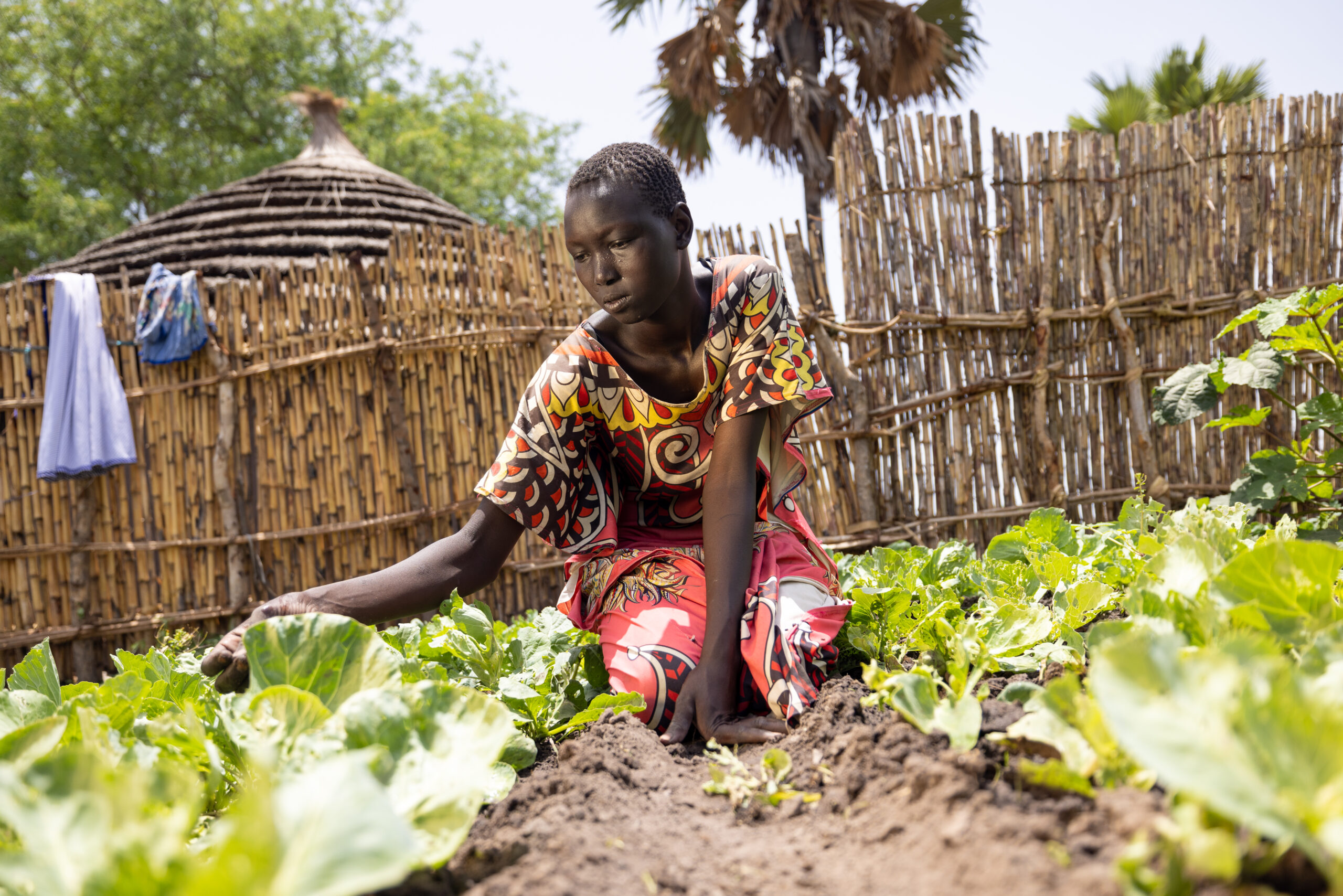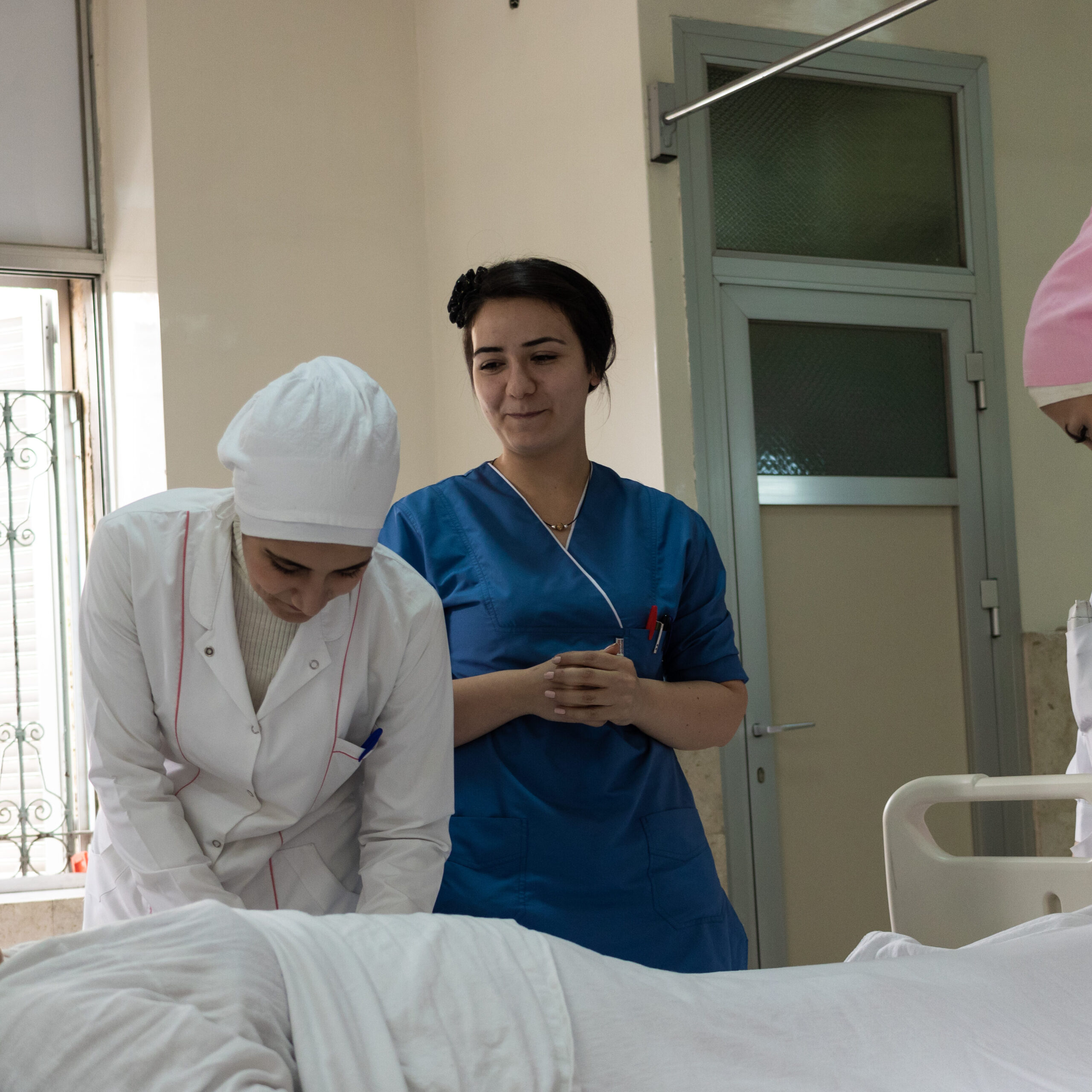Livelihood, economic strengthening, vocational training and job creation
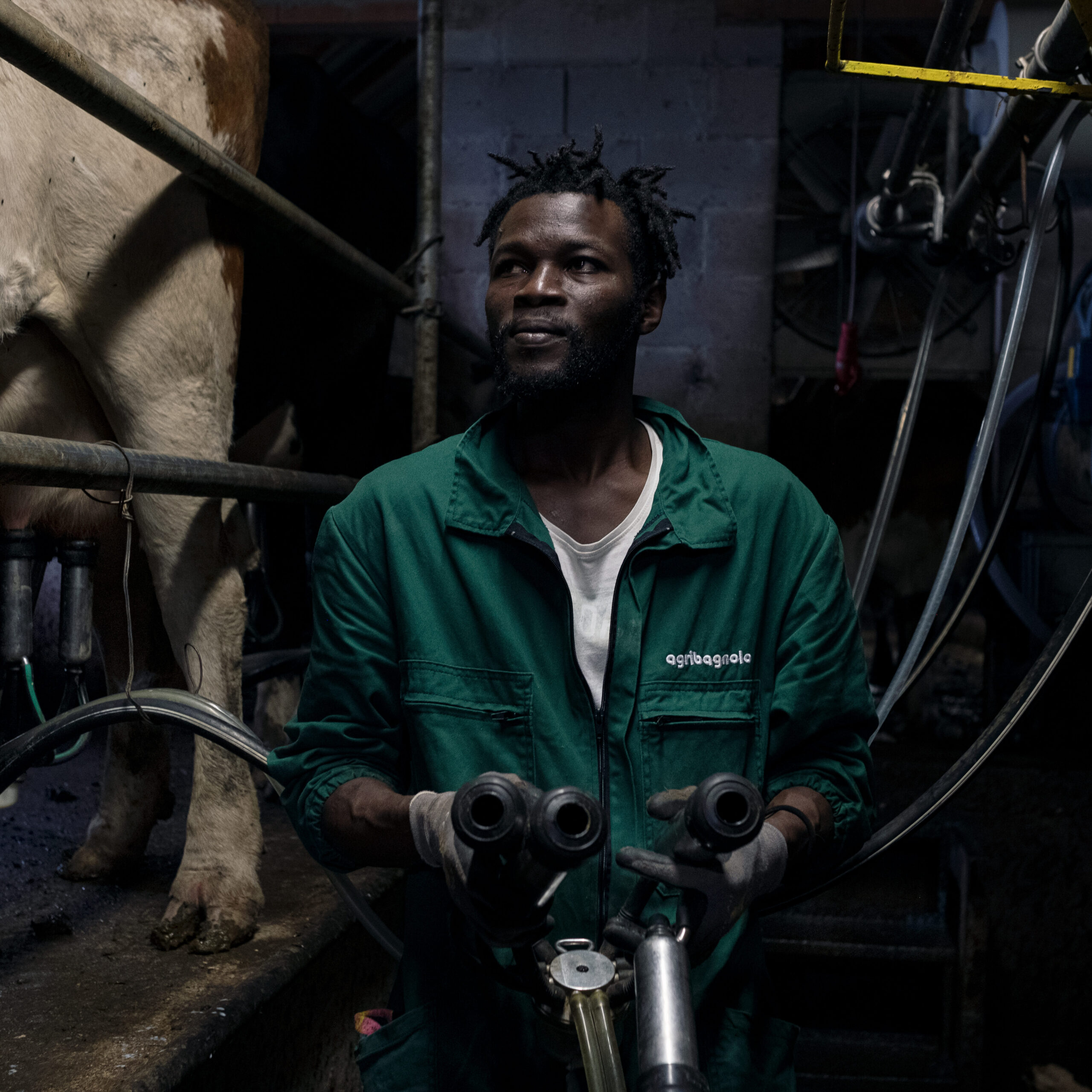
Sustainable economy, circular economy, orange economy, green jobs, and social entrepreneurship are all various interpretations of how economic growth plays a key factor in human development.
In order to have an impact on people’s lives, economic growth should be aligned to other factors that affect human life, such as the environment, and the social and cultural context.
This way, it will be possible to rethink the relationship between economy and work, resulting into an economic development that considers people and restores the value of work.
Employment becomes decent work
It does not only generate income, but it also encourages people to play a leading role, taking responsibilities, stimulating creativity, intelligence and relational skills
In order to develop a sustainable economic system that respects and enhances territories within their diversity, it is necessary to use evidence to design and develop tailored and responsive interventions like the graduation approach that are cognizant of strengths.
Economic development must dialogue and bring together different partners, creating a “value chain” to reconcile the interests of large companies with social and economic groups and smaller family-run businesses, also supported and enhanced by digitisation.
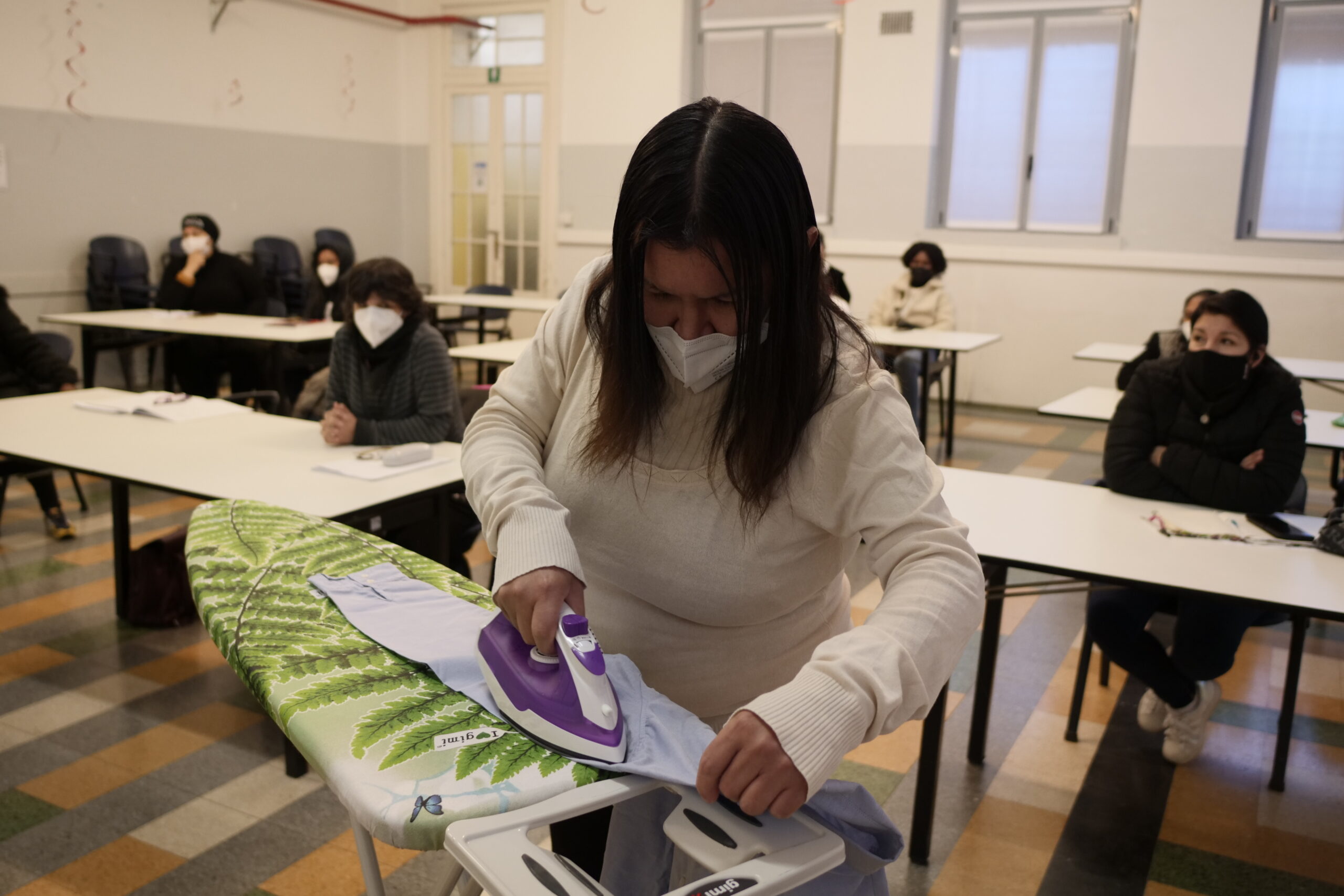
Through five decades of worldwide and consolidated experience, AVSI designed a specific methodology to respond to the multiple needs of vulnerable and extremely poor communities, with regards to vocational and apprenticeship training, empowerment of human capital and job creation.
In order to respond to these multiple issues, AVSI’s holistic approach is centered on supporting each individual to discover his/her dignity.
This happens in different ways, through multi-sectoral approaches that includes; the development of vocational and apprenticeship training paths, the insertion into the job market, incentivising and coaching towards a creation and or expansion of business and entrepreneurship opportunities and supporting participants harness group dividends through savings and loans.
These actions are responsive to the needs of the job market and at the same time increase the talents and abilities of each person.
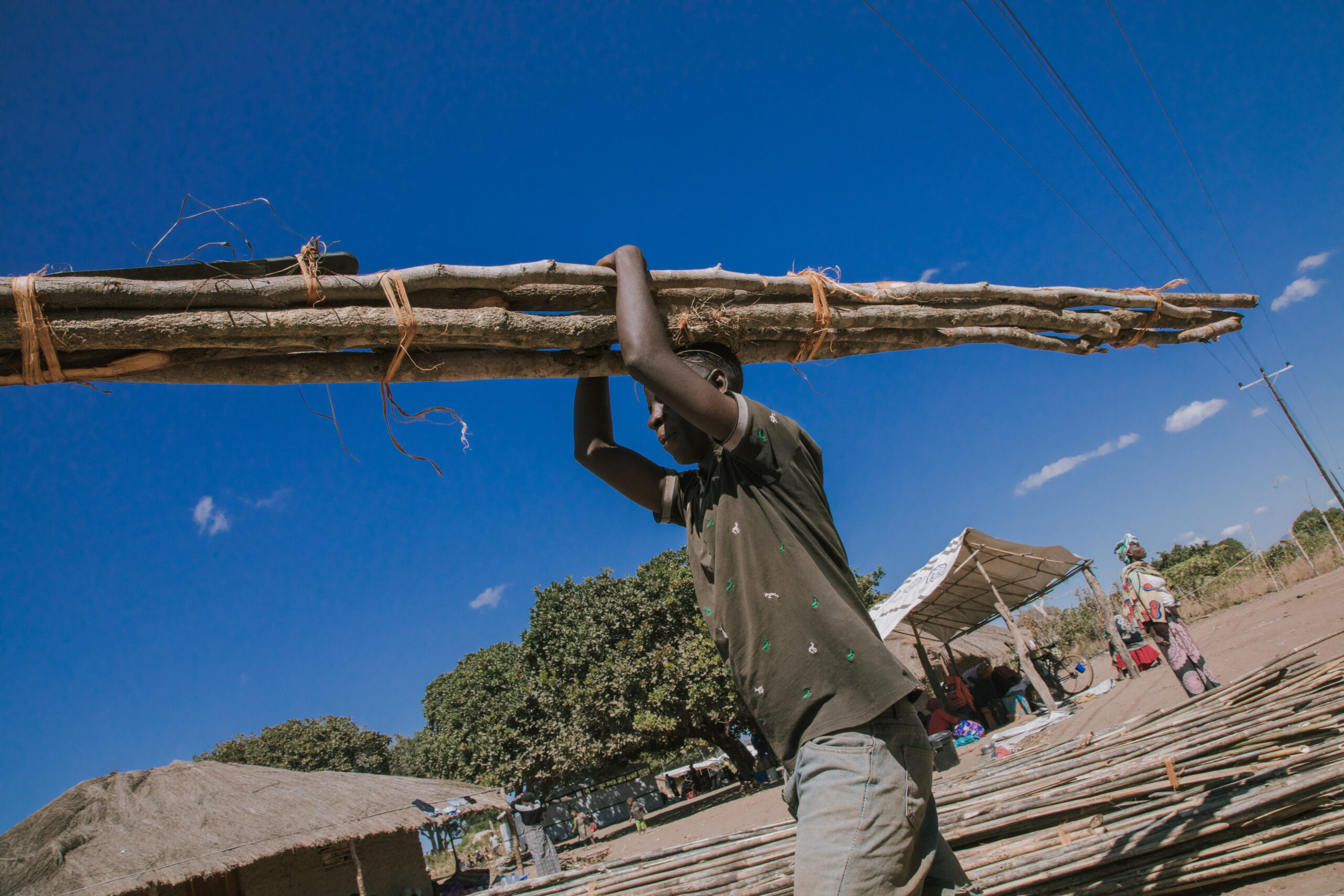
AVSI’s added value is to create flexible and customised paths that take into consideration people’s needs, skills and desires.
To this aim, AVSI relies on market players already in the field, both public and private, such as small, medium and large enterprises, training centers, universities, technical schools, employment centers, community groups and markets. In this way, projects are sustainable and support the ownership of local communities.

